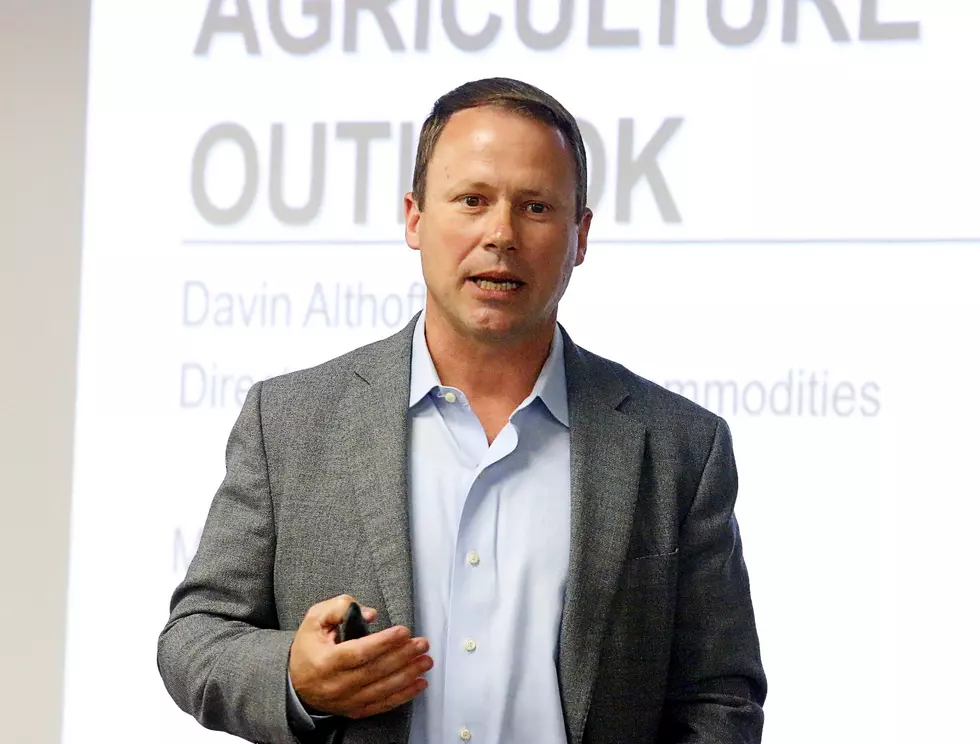
Missouri to Tax Prepaid Cellphone Service to Fund 911 Calls
The cost of prepaid cellphone service in Missouri slightly increased on Tuesday as the state joined most of the rest of the country in charging a tax to fund 911 emergency call centers.
But not all customers will pay the extra charge, because 18 counties and one city have exercised an opt-out provision in the new law.
The cellphone tax is one of several state laws taking effect with the new year that carry financial implications. Missouri also is cutting the individual income tax rate by one-half of a percentage point to 5.4 percent but is offsetting that by reducing the state tax break people can claim for the taxes they pay to the federal government.
Separate new laws will provide state income tax breaks for people who save money to buy their first homes or who donate to organizations that fund the "unmet health, hunger and hygiene needs" of schoolchildren.
Missouri's new cellphone tax for 911 service was decades in the making. Statewide voters in 1999 and 2002 rejected ballot measures that would have imposed a monthly fee of up to 50 cents on wireless phones to fund enhanced 911 service.
State lawmakers then struggled to come up with an alternative. That left Missouri and Wisconsin as the only states that weren't funding 911 call centers with taxes or fees on wireless phone service, according to the National Emergency Number Association.
In addition to the charge on prepaid cellphones, Missouri's new law allows local governments to ask voters to replace their current 911 sales taxes or landline phone taxes with a new monthly fee of up to $1 that would be charged both to landline phones and traditional wireless phone service.
The new fees are intended to improve Missouri's patchwork of 911 centers, which range from outdated to modern.
"No matter what device you're using to call, and no matter where you are in Missouri, we need to be able to find you to get you the help you need," said Scott Penman, a lobbyist for the coalition supporting the new law.
That coalition included the Missouri 911 Directors Association, the Missouri chapter of the Association of Public-Safety Communications Officials and the Missouri chapter of the National Emergency Number Association.
A report produced a year ago by the Missouri Department of Public Safety said the state "has a disjointed and inefficient system" for handling 911 calls.
Missouri has 185 independent emergency call centers. The report said 28 counties lacked the ability to pinpoint the location of callers from cellphones, including 16 rural counties that couldn't see any caller information. More than half of the call centers in the state could not provide emergency medical treatment instructions to callers over the phone until first responders arrive, a fact the report called "abysmal."
About three-fourths of all 911 calls come from wireless phones, according to the report.
Scott Mackey, a Vermont-based consultant for the nation's five largest wireless phone service providers, said it's appropriate for governments to charge fees for 911 service. But he said many jurisdictions also charge other cellphone fees that comprise an increasing share of customers' bills.
Prepaid service makes up about 20 percent of the wireless phone subscriptions nationwide, Mackey said.
The new Missouri law imposes a 3 percent sales tax on the amount of prepaid wireless phone service over $15. So someone buying a $40 prepaid phone card would pay tax on $25 of it, amounting to a fee of 75 cents.
The new tax could affect tens of thousands of retailers that sell prepaid phone service, including department stores, grocers, gas stations, pharmacies, hardware stores and even some liquor stores, said David Overfelt, president of the Missouri Retailers Association. Some may not be aware of the new law, he said.
"The main problem will be retailers that sell a few of these products, but not many, and do not come into compliance as soon as they should," Overfelt said.
The law gives retailers an incentive to immediately collect the tax. For the first month, they get to keep all the revenue. Starting in February, the state will get to keep a share. Eventually, revenue will go into a state fund that distributes part of the money back to local entities for 911 call centers.
Local governments that opt out of the new tax cannot receive that money. All of the counties that opted out already have 911 systems capable of identifying the exact location of callers on wireless phones.
Warrenton city attorney Christopher Graville said the Board of Aldermen voted to opt out because the law appears to authorize a tax distribution to local governments without a vote of the people and could disproportionately burden low-income residents.
More From AM 1050 KSIS









